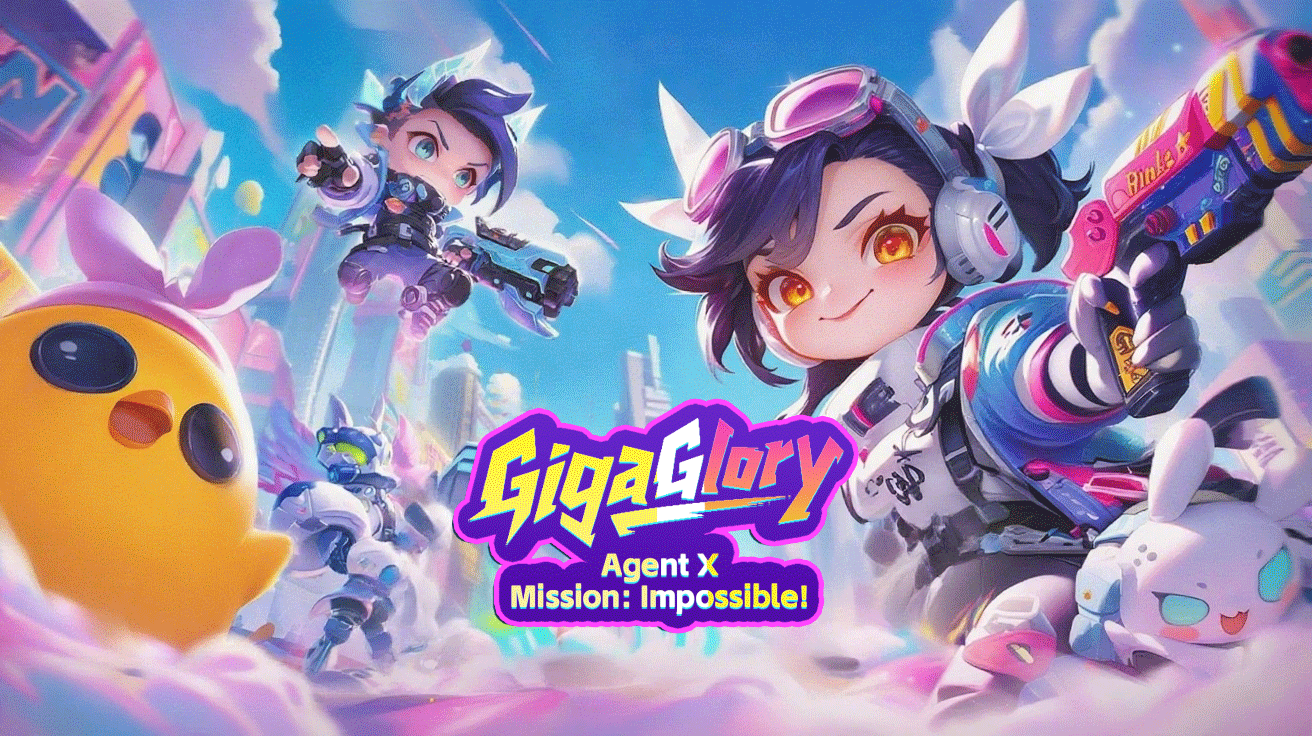How Strategy and RPG Games Are Revolutionizing Interactive Storytelling
In an era where gaming has evolved into a multifaceted form of storytelling, strategy games and RPG games have emerged as major players reshaping the narrative landscape. These games transcend mere entertainment, offering players immersive experiences that craft unique tales woven by player choices and game mechanics. This article delves into the ways these genres are transforming storytelling in gaming, focusing on innovative features and standout titles.
The Power of Player Choice
One of the most significant changes in gaming narrative is the incorporation of player choice. In both strategy and RPG genres, choices can have long-lasting impacts on the storyline. For instance, games like EA Sports FC 25 for Nintendo Switch provide players freedom that doesn't just influence gameplay but also alters the narrative path taken. Players find themselves asking questions such as:
- What happens if I side with one faction over another?
- How do my decisions affect the world around me?
- Am I the hero or the villain in my own story?
These questions illustrate the profound connections players build with their in-game worlds, making each playthrough a distinct narrative experience. The strategic element of decision-making engages gamers on a deeper level than ever before.
Dynamic Storytelling and Player Agency
Unlike traditional storytelling found in movies or books, interactive storytelling in games like "Operation Delta Force" movies offers experiences that are dynamic and ever-changing. Players are not mere spectators; they're active participants shaping the fate of characters and unfolding the plot. The blend of strategy and RPG elements enhances this dynamic ability to narrate a story. Consider these aspects of gameplay:
| Element | Description |
|---|---|
| Character Customization | RPGs allow players to create their heroes, influencing the story directly. |
| Multiple Outcomes | Choices lead to different endings, encouraging multiple playthroughs. |
| Complex Decision Trees | Strategic decisions impact ally relationships, adding depth to narratives. |
Immersion Through World-Building
Another major aspect of strategy and RPG games is world-building. Games transport players into rich, detailed environments where they can completely immerse themselves. Titles that provide expansive worlds encourage exploration and discovery. This is not just a backdrop; it's an essential part of storytelling. For instance:
- Games like The Witcher series immerse players in lore and rich histories.
- Strategic gameplay, such as in *Civilization*, lets players build nations fraught with geopolitical dilemmas.
- In-depth narratives unfold as players engage with side quests and character arcs.
This engaging atmosphere invites players to not only play but also to interact with the game on a narrative level, further blurring the lines between gaming and storytelling.
Fostering Emotional Connections
As players navigate through various plotlines, emotional connections with characters deepen significantly. These connections elevate the gaming experience by fostering empathy and investment in the outcome. Games often feature compelling backstories for characters, and the decisions players make can lead to heart-wrenching consequences, a strategy that proves effective in engaging players emotionally.
Conclusion
To sum it up, strategy games and RPGs are not just about gameplay mechanics; they are integral to crafting narratives that resonate on multiple levels with players. Through player choice, dynamic storytelling, immersive world-building, and deep emotional connections, these genres are revolutionizing interactive storytelling in gaming. As we continue to see advancements in technology and game design, the potential for narrative exploration within these mediums will only grow. The future of gaming is bright, and with it, an even more engaging storytelling landscape awaits.
FAQs
- What defines a strategy game?
- A strategy game emphasizes complex decision-making and planning, challenging players to think critically.
- How are RPGs different from strategy games?
- RPGs focus more on character development and narrative progression, while strategy games center around tactical gameplay.
- Can story-driven games incorporate both genres?
- Absolutely! Many modern games blend elements from both to enhance the gameplay experience.



